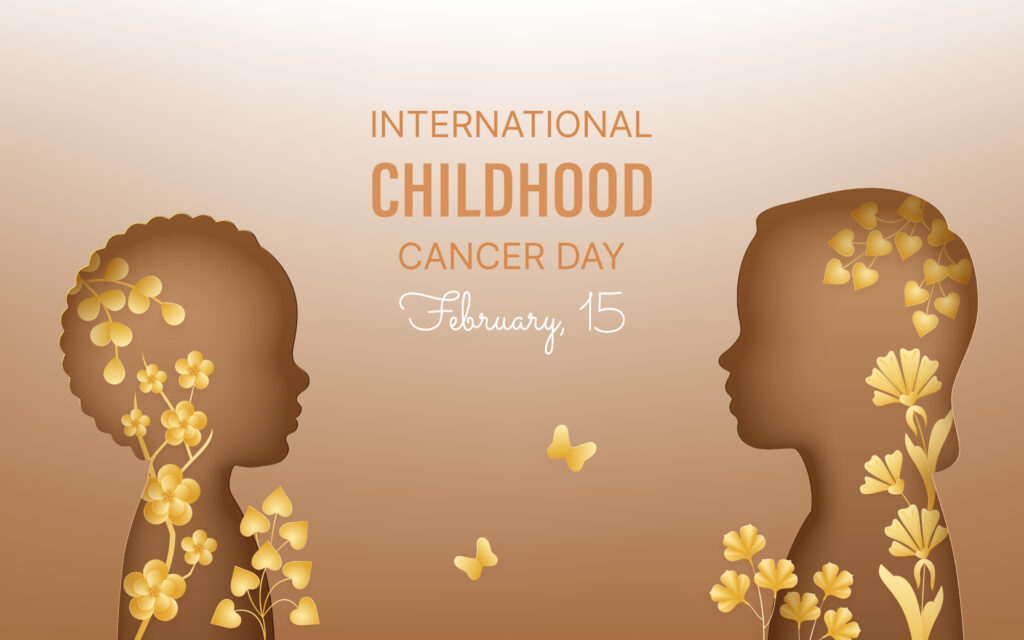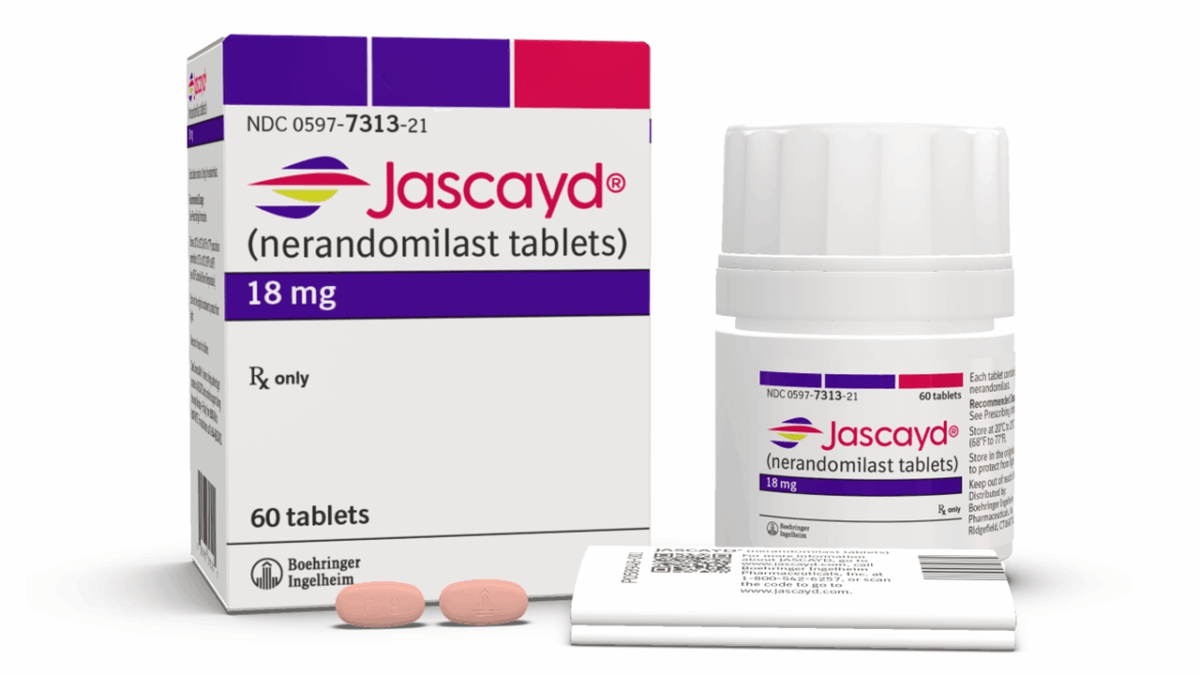International Childhood Cancer Day originated in 2002 as a collaborative effort by Childhood Cancer International (CCI) and the World Health Organization (WHO). An important event in the global healthcare calendar, this day serves as a poignant reminder of the ongoing battle against pediatric cancer. The International Childhood Cancer Day is observed on February 15 on an annual basis.
Interestingly, a three-year campaign is being run for International Childhood Cancer Day from 2024 to 2026, and this year’s theme is “Unveiling Challenges.” The focus is on sharing experiences and insights by submitting digital postcards highlighting the hurdles and challenges faced in administering treatment for combating pediatric cancer. International Childhood Cancer Day focuses on uniting individuals, healthcare professionals and organizations at a global level to raise awareness, improve understanding and encourage advocacy for access to resources that help combat pediatric cancer.
Advancements in Pediatric Oncology
In recent years, pediatric oncology has witnessed remarkable progress and the treatment options to combat childhood cancer have offered new hope to the affected families. The extensive research in developing more effective and less toxic treatments, such as targeted therapies, immunotherapies and precision medicine, has helped to considerably improve the survival rates for many types of childhood cancers. Moreover, these advancements have enabled healthcare providers to tailor treatments according to the genetic profile of each tumor, which has, in turn, helped enhance efficacy while minimizing adverse effects.
XTALKS WEBINAR: Development of CAR-T Cells for T-ALL Targeting CCR9
Live and On-Demand: March 6, 2024, at 11am EST (5pm CET/EU-Central)
Register for this free webinar to gain insights into advancements in T-ALL immunotherapy using CAR-T cells targeting the CCR9 receptor.
CAR-T Cell Therapy: Impact on Pediatric Cancer
The use of CAR-T cell therapy, a revolutionary approach that modifies a patient’s own immune cells to recognize and attack cancer cells better, has shown exceptional results in treating certain types of leukemia in children. This immunotherapy treatment uses T cells from the immune system to eliminate cancer cells. To ensure the T cells attack cancer cells, they must bind to class I major histocompatibility complex (MHC) molecules on the target cell surface and avoid signals sent by regulatory T cells and other surface molecule interactions. CAR T-cell-mediated responses can also be enhanced by adding intracellular costimulatory domains that are responsible for significant CAR T-cell expansion and can increase the lifespan of these cells. The development of such innovative therapies always opens new avenues for collaboration between researchers, clinicians and industry partners. In fact, for healthcare providers and medical device companies, these advancements are both a challenge and an opportunity.
Related: Pfizer’s Ngenla Approved as Once-Weekly Treatment for Pediatric Growth Hormone Deficiency (GHD)
Innovations in Medical Devices for Pediatric Patients
Recently, there have been many developments related to the tailoring of diagnostic tools, treatment devices and monitoring technologies to ensure that they are more child-friendly and improve the efficacy of cancer care and the quality of life for pediatric patients.
For example, portable and low-dose radiation devices are helping make cancer diagnosis less intimidating and safer for children; proton therapy machines are being modified to ensure they incorporate features that reduce anxiety and discomfort during treatment for children; and wearable technologies and smart devices are enhancing the ability to remotely monitor patients and help ensure children spend more time at home rather than the hospital.
Impact of International Childhood Cancer Day
The ongoing advancements in pediatric oncology and the development of child-friendly medical devices show that improvement in the prognosis and quality of life for young cancer patients is possible. Moreover, these developments are helping in the prognosis for young cancer patients as well as in reshaping the landscape of oncology and making cancer diagnosis less daunting for patients and families. Thus, International Childhood Cancer Day 2024 serves as a reminder of the progress made and the journey ahead in the fight against pediatric cancer.












Join or login to leave a comment
JOIN LOGIN